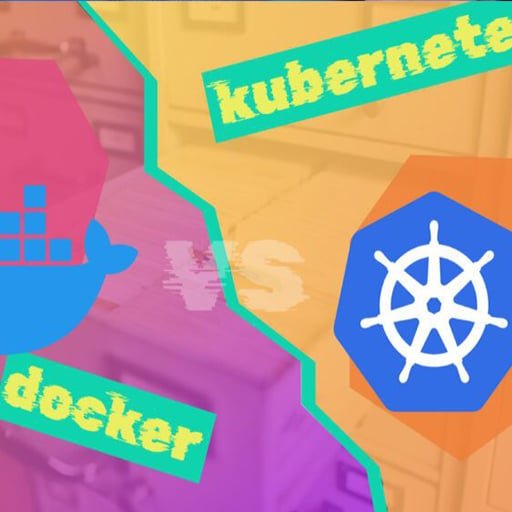
Linux containers are a lightweight form of virtualization that allow for the isolation and packaging of applications and their dependencies. Docker is a popular open-source platform that simplifies the creation and management of Linux containers. It provides a way to package an application and its dependencies into a container image, which can then be run on any system that has Docker installed.
Docker uses a client-server architecture, where the Docker client communicates with the Docker daemon, which is responsible for building, running, and distributing containers. Docker images are built using a Dockerfile, which is a text file that contains instructions on how to build the image. These instructions can include things like installing dependencies, copying files, and setting environment variables.
Once an image is built, it can be run as a container. Containers are isolated from each other and from the host system, but they share the same kernel. This makes them lightweight and fast to start and stop. Containers can also be easily scaled up or down, allowing for efficient resource utilization.
Kubernetes is an open-source container orchestration platform that automates the deployment, scaling, and management of containerized applications. It provides a way to manage a cluster of containers, called a Kubernetes cluster. Kubernetes uses a declarative approach, where the desired state of the cluster is defined in configuration files, and Kubernetes takes care of making the actual state match the desired state.
Kubernetes provides many features for managing containers, such as automatic scaling, load balancing, and rolling updates. It also provides a way to manage storage, networking, and security for containers. Kubernetes can run on any infrastructure, whether it’s on-premises or in the cloud, and it supports a wide range of container runtimes, including Docker.
Overall, Linux containers, Docker, and Kubernetes provide a powerful and flexible platform for building, deploying, and managing applications. They enable developers to package their applications and their dependencies into portable and scalable containers, and they provide operations teams with the tools to efficiently manage and scale those containers in production environments.